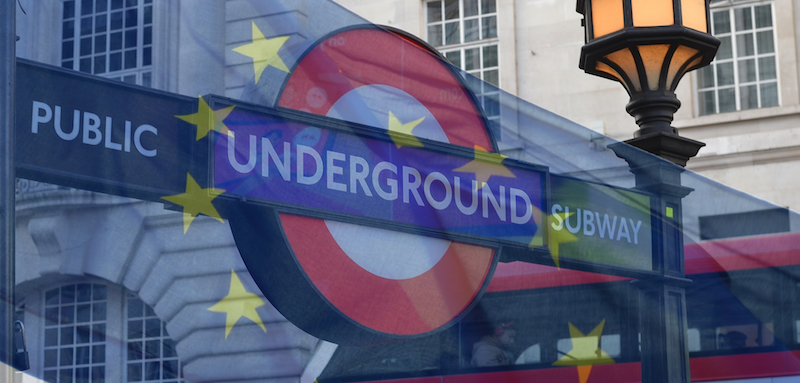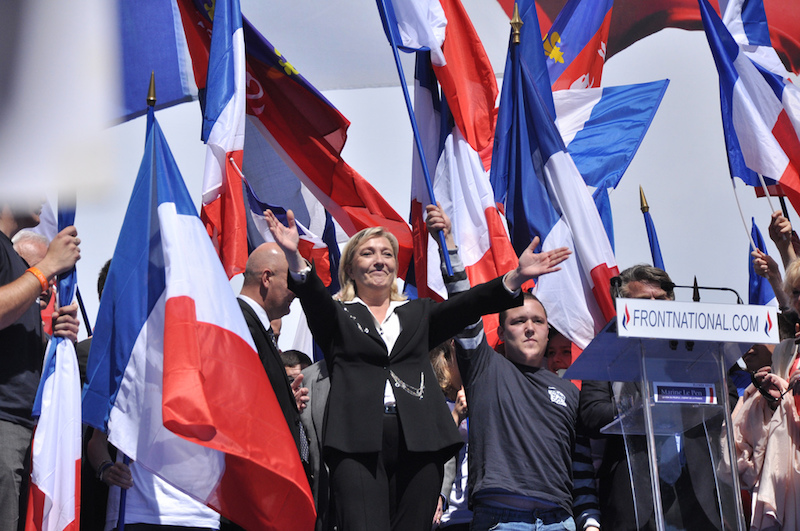Years of controversy about Britain’s fate in the European Union is reaching a climax. As the June 23, 2016, referendum deadline comes closer, it’s now up to voters to decide whether the UK should leave or remain in the EU.
In early 2015, the chances of “Brexit” (that is, of Britain’s “exit” from the EU) seemed largely remote. But due to EU challenges such as migration and the euro crisis, the polls have narrowed.
In fact, the polls show a very close competition, with 45% in favour of staying in the EU and 43% in favour of leaving. They show an electorate divided by party affiliation, geography, age, social class, ethnicity and commercial interests.
In favour of Brexit are the UK Independence Party, which won the last European elections, along with nearly half of Conservative MPs, including five cabinet ministers. A contingent of Labour MPs and the Democratic Unionist Party are also pushing for withdrawal.
Meanwhile, PM David Cameron has officially campaigned in support of Britain’s remaining in the EU, with the backing of sixteen members of his cabinet. Though the Conservative Party has pledged to remain neutral in the campaign, Labour, the Scottish National Party, Plaid Cymru, and the Liberal Democrats have all taken pro-EU stances.
Geographically, London is the bastion of the Remain camp, which also enjoys a lead in Northern Ireland, Scotland, and Wales. In East Midlands, the Leave camp is strongest.
There’s a sharp divide, moreover, between old and young voters. While 73% of those from 18 to 29 years want to remain in the EU, 63% of those over 60 want to leave. Middle-aged Britons are close to an even split on the issue.
In terms of class, the well off are more in favour of staying, including almost seven out of every ten UK university graduates.
In a breakdown by race, the British Election Study found White Britons are roughly evenly divided on Brexit. At the same time, two out of every three members of Britain’s Black, Asian, and minority ethnic (BAME) population want to remain.
The commercial world is also conflicted. Big businesses, for instance, have tended to favour Britain’s staying in the EU, particularly due to the ease of trading with EU markets and access to member states in the single market economy. Nonetheless, small and micro-businesses, as well as those serving the local markets, have mustered support for the Leave camp. After all, their interests lie in curtailing competition to enhance their competitive advantage.
There’s little doubt Britain has had an uneasy relationship with the EU, one that goes back almost to the creation of the EU itself. Yet public debate has reached an entirely new level. It’s now in the hands of voters, who’ve become increasingly polarized, to decide the fate of Britain’s EU membership. With polls in the referendum’s lead-up suggesting such a close race, the next few weeks will be critical.
Photo courtesy of Descrier via Flickr. Licensed under CC BY 2.0.
Disclaimer: Any views or opinions expressed in articles are solely those of the authors and do not necessarily represent the views of the NATO Association of Canada.




